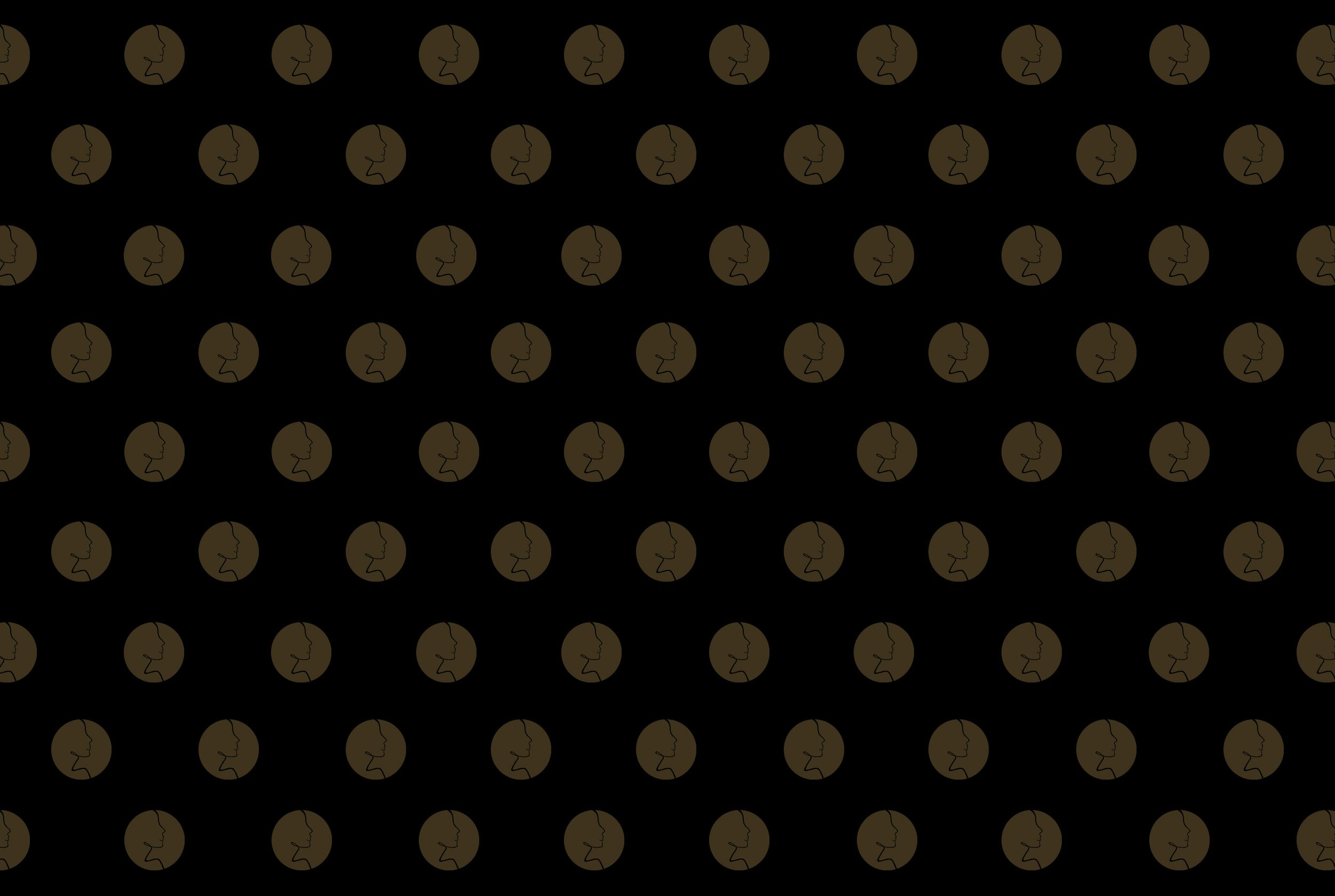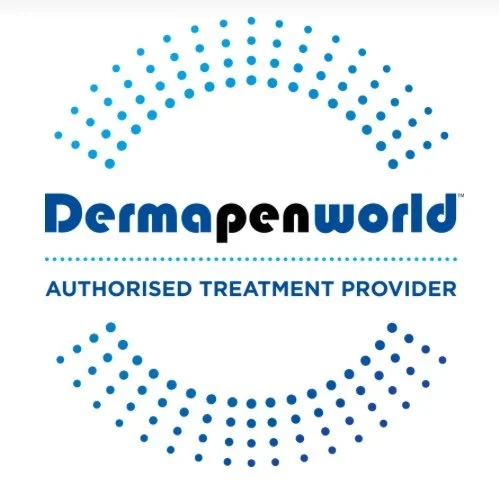
collagen induction therapy
Collagen Induction Therapy (micro-needling) involves piercing the skin with ultra-fine needles to produce controlled trauma and stimulate the natural healing responses. This results in increased collagen production and allows penetration of active nutrients deeper into the skin to target select problems.
The increased production of collagen and elastin result in resurfacing, re-texturising and overall skin renewal anywhere on the body, from hard to reach areas such as around the eyes, eyelids, earlobes, neck, lips, nose, or larger areas of neck, decolletage, stomach, and legs for stretch mark treatment.
Regular treatments maintain best results and are visible after 4-6 weeks after treatment.
You may choose to add on any of the following enhancements:
Universkin S.TEP with personalised take home serum $220
Universkin S.TEP Treatment $100
Vitamin + Mineral S.TEP $150
Hydration Mask and Healite Recovery $70
target issues
Fine lines and wrinkles
Stretch marks
Acne
Pigmentation
Scarring
Enlarged pores
Skin tightening
Hair loss
Benefits
Skin Rejuvenation: It stimulates collagen and elastin production, leading to firmer, smoother, and more youthful-looking skin.
Improves Texture: Dermapen 4 can reduce the appearance of scars, including acne scars, and uneven skin texture.
Minimally Invasive: Compared to traditional methods, it's minimally invasive, reducing downtime and discomfort.
Versatility: It can treat various skin concerns, including wrinkles, fine lines, pigmentation issues, and stretch marks.
Precision: The device allows for precise targeting of specific areas, ensuring consistent results.
Customizable: Treatment depth and intensity can be adjusted based on individual skin needs and sensitivities.
Suitable for All Skin Types: Dermapen 4 is safe for use on all skin types and tones.
Frequently Asked Questions
-
The number of collagen induction therapy treatments needed can vary depending on individual skin concerns, treatment goals, and the skin's response to the procedure. However, typically a series of 3 to 6 treatments spaced approximately 4 to 6 weeks apart is recommended for optimal results.
Some individuals may require additional sessions for more pronounced or stubborn concerns. After the initial treatment series, maintenance sessions may be advised to sustain the results over time.
As a general guide:
Rejuvenation (superficial): 3-6 treatments 4-8 weeks apart
Acne scarring: 4-6 treatments 4-8 weeks apart
Stretch marks: 4-8 treatments 6-8 weeks apart
Pigmentation: 4-6 treatments 2-4 weeks apart
-
Collagen induction therapy would be described as uncomfortable rather than painful but is dependent on the depth and goal of treatment. Dr Sarah ensures you are comfortable by utilising distraction techniques and topical local anaesthetic.
Please attend 20 minutes early for your appointment and bring a book to ensure the local anaesthetic has enough time on the skin prior.
-
Skin priming for at least 2 weeks prior to treatment is imperative. Your skin health routine may include vitamin A, Vitamin C and other growth factor serums.
Avoid tanning and prolonged sun exposure for 2 weeks prior
To minimise bruising, you may be asked to cease some medications.
Men need to be clean-shaven prior to treatment.
Advise Dr Sarah if you:
Are taking topical antibiotics for acne (will need to cease two weeks prior to treatment)
Have active sunburn, solar keratosis or tan
Have cosmetic body implants
Are taking arrhythmia medications (will need to cease prior to treatment)
Have an auto-immune disorder
Are taking blood thinners (aspirin, Warfarin, ibuprofen, fish oils, ginkgo biloba and alcohol), photosensitisers, and/or antidepressants (consult with client’s general practitioner prior to treatment)
Have received cosmetic injectable treatments in the past 14 days or electrolysis in the past week
-
Downtime is minimal though there may be redness for 12-48 hours depending on depth of treatment. Most people are able to return to normal daily activities immediately after treatment.
Avoid:
Excessive exercise in the first 24 hours
Scrubs and exfoliants and strong skincare products for the first three to five days
Cosmetic injectables for the first week
Tanning and prolonged sun exposure for the first two weeks
Consider taking antiviral medication for prevention if you are prone to cold sores
-
Anyone who:
Is pregnant
Has active papulopustular rosacea and active herpes simplex
Has open lesions in the treatment area
Has skin cancer
Has severe acne
Has warts in the treatment area
Has a bacterial/fungal infection in the treatment area
Has taken Roaccutane in the past 12 months
Has haemophilia
Has had chemotherapy in the previous three months
Has used topical antibiotics for acne in the previous two weeks
Has had sun exposure within the past two weeks
Has cosmetic body implants in the treatment area
If you are unsure, contact Dr Sarah for advice.

Important information
It is important to have had a thorough skin cancer check prior to any Collagen Induction Therapy Treatment as this service is incompatible with skin cancers as well as Allergy to topical local anaesthetic or high dose corticosteroids such as prednisolone.
If you are experiencing any of the following conditions or concerns, on or around the treatment area, you will need to let your practitioner know prior to treatment:
Active Psoriasis
Active Herpes Simplex (cold sores)
Scleroderma
Open lesions
Skin Cancer
Undiagnosed/Unusual moles
Active Lupus erythematosus
Active collagen vascular disease
Acne vulgaris stage IV
Warts
Bacterial/fungal infections
Undiagnosed solar keratosis
Haemophilia (or other blood clotting disorders)
Active vitiligo
History of keloid scars
-
Collagen Induction Therapy is suitable for the majority of skin types and is non-ablative as a minimally invasive procedure. All patients should prepare and prime their skin for at least 2 weeks prior to treatment.
Dr Sarah will prescribe a customised skin solution for pre-op, post-op and ongoing maintenance.
Please remove all make-up and other skin care products prior to your appointment, though your face will still be thoroughly cleansed prior to the commencement of your treatment to ensure the small risk of infection is minimised further.
Your Dermapen 4 treatment uses sterile, single-use consumables throughout the procedure, ensuring complete health and safety.
-
It is important to protect and provide extra special care for your skin for at least 3-4 days following Collagen Induction therapy.
Typically, patients experience 36-48 hours of mild to moderate sunburn in appearance and sensation following their treatment.
During the healing process, minor itching, hives, some flaking, or redness may appear. If symptoms persist, please call/SMS Dr Sarah.
Do not pick, squeeze or agitate the skin during the recovery period.
Please avoid the following activities for up to 2 days following treatment:
Direct ultra-violet exposure (sun and solariums/sun beds)
Intensive cardio, exercise or gymnasium regimens
Excessively hot showers, bathing, spas or sauna
Further aesthetic treatments (including, but not limited to, microdermabrasion, laser, intense pulsed light, chemical peels, muscle relaxant injections and dermal fillers)
Spray or self-tanning
Swimming in chlorinated pools or the ocean
Tattooing (including cosmetic tattooing)
Please avoid the use of skin care products containing any of the following active resurfacing ingredients for up to 5 days following treatment:
Mechanical exfoliants (scrubs)
Alpha hydroxy acids (AHAs) (including, but not limited to, glycolic, lactic or malic acid)
Beta hydroxy acid (BHA) including salicylic acid
Benzoyl peroxide
Retinoids (including, but not limited to, tretinoin, adapalene, tazarotene and retinol)
Hydroquinone
Bleaching agents
Alcohol (including, but not limited to, isopropyl alcohol/de-natured alcohol/rubbing alcohol)

